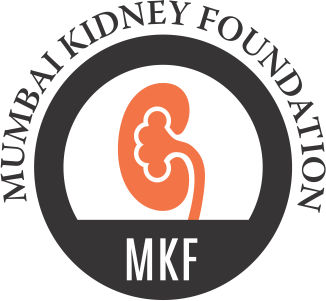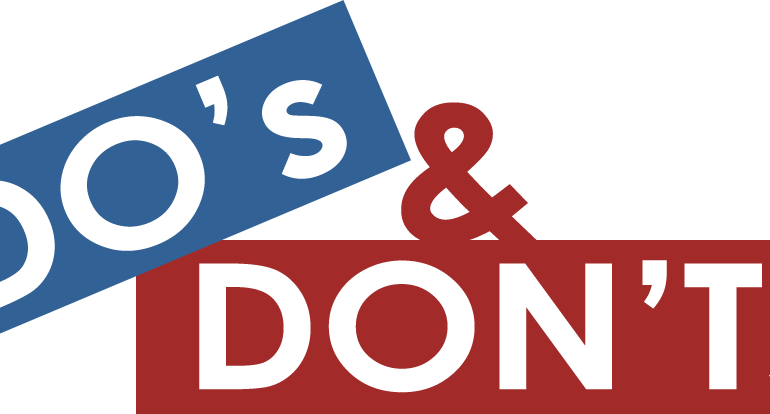Diet for Hemodialysis
Diet for hemodialysis
Initiated on dialysis and worried about what to eat and what not?
Relax, we can help you stay healthy and eat healthy while on dialysis.
We can walk you through some tips that can help you select your food items wisely and then we shall look into some dialysis friendly recipes too! To get access to low salt, low potassium, high protein dips for dialysis patients, click here
Few tips for diet in dialysis:
- Salt restriction: Eating excessive salt can make you feel thirsty. Drinking excessive water can lead to fluid burden in your body which can result into accumulation of fluids in body. Hence, salt restriction is essential while on hemodialysis.
Myth: Salt substitutes are healthy for dialysis patients.
Fact: Salt substitutes like low sodium salts contain potassium which is a dangerous element as excessive potassium can cause changes in normal rhythm of the heart and can be fatal.
Practical tips: Avoid salted nuts, snacks, biscuits, dry fruits, etc. Avoid adding salt to chapatti, rice, salads, curd. Add salt only to vegetables/ dals and breakfast/ snacks. Instead of salt, you may use other flavouring agents like lime, vinegar, amchur powder.
- Fluid restriction: Yes, fluid restriction is carried further from CKD to dialysis as well. This is because kidneys are no longer able to flush out extra fluids from the body. Dialysis begins at the last stage of kidney disease and it helps in flushing off extra fluids; along with toxins, hence fluid restriction is essential. Talk to your Nephrologist about the amount of fluid that you can drink.
Myth: Water drunk during dialysis session can get flushed from the machine at the same time.
Fact: Water drunk cannot get flushed out from the body at the same time.
Practical tips: You may opt to drink luke warm water instead of cold water as warm water is difficult to be had in a large quantity while cold water can be had easily. To reduce the fluids intake, warm water can prove to be beneficial.
- Potassium restriction: Potassium restriction is required in case your potassium level rises in blood. It is a dangerous element as it can lead to harmful consequences like cardiac arrest (stops the functioning of heart).
Myth: Potassium is not a dangerous parameter.
Facts: Potassium is a SILENT KILLER! Especially for patients with heart problems, it can lead to sudden cardiac arrest (sudden stoppage of heart) without warning sings.
Practical tips: For lowering the potassium intake, prefer rice chapatis or bhakhris over wheat chapatis. Prefer kadi over curd. Prefer leaching vegetables and dals/ pulses. Avoid coconut water and coconut based items like chutneys, etc, fruit juices, soups, sherbats, alcoholic beverages and neera. To view low potassium vegetable recipe, click here
NOTE: Leaching is process which involves chopping and either soaking vegetables (or dals/ pulses) in large quantity of water or boiling vegetables in large quantity of water and then discarding water. This helps in reducing the potassium content from vegetables or dals/ pulses.
- Protein supplementation: Once on dialysis, you need to eat extra proteins to compensate for the loss of proteins during dialysis procedure. If you are on hemodialysis, you need to eat 1.2 grams proteins per kg body weight per day (i.e. 20% more than the protein intake for normal individuals). To incorporate this extra proteins intake, you may need artificial supplements like high protein powders or high protein biscuits. You may talk to your Nephrologist/ Renal Dietician for same. To gain access to high protein dialysis friendly recipes, click here
Myth: Over the counter protein supplement can be preferred by dialysis patients.
Fact: Dialysis patients need special supplements which are low in electrolytes, phosphorus and high in calories as well as proteins. They are specially designed keeping the needs of dialysis patients in mind. Hence, any over the counter protein supplement should not be preferred.
Practical tips: To increase your protein intake, you may opt:
- 4-6 egg whites a day or
- 80-100 grams paneer (chenna/cottage cheese) a day or
- 25 grams of defatted soya chunks
In addition, it is advisable to have cereal – pulse combination based items as they are good sources of protein too, for example – khichdi/ idli/ dosa/ uttapam/ etc.
By-
Dr Rachana Jasani,
Renal Nutritionist,
PhD, RD





